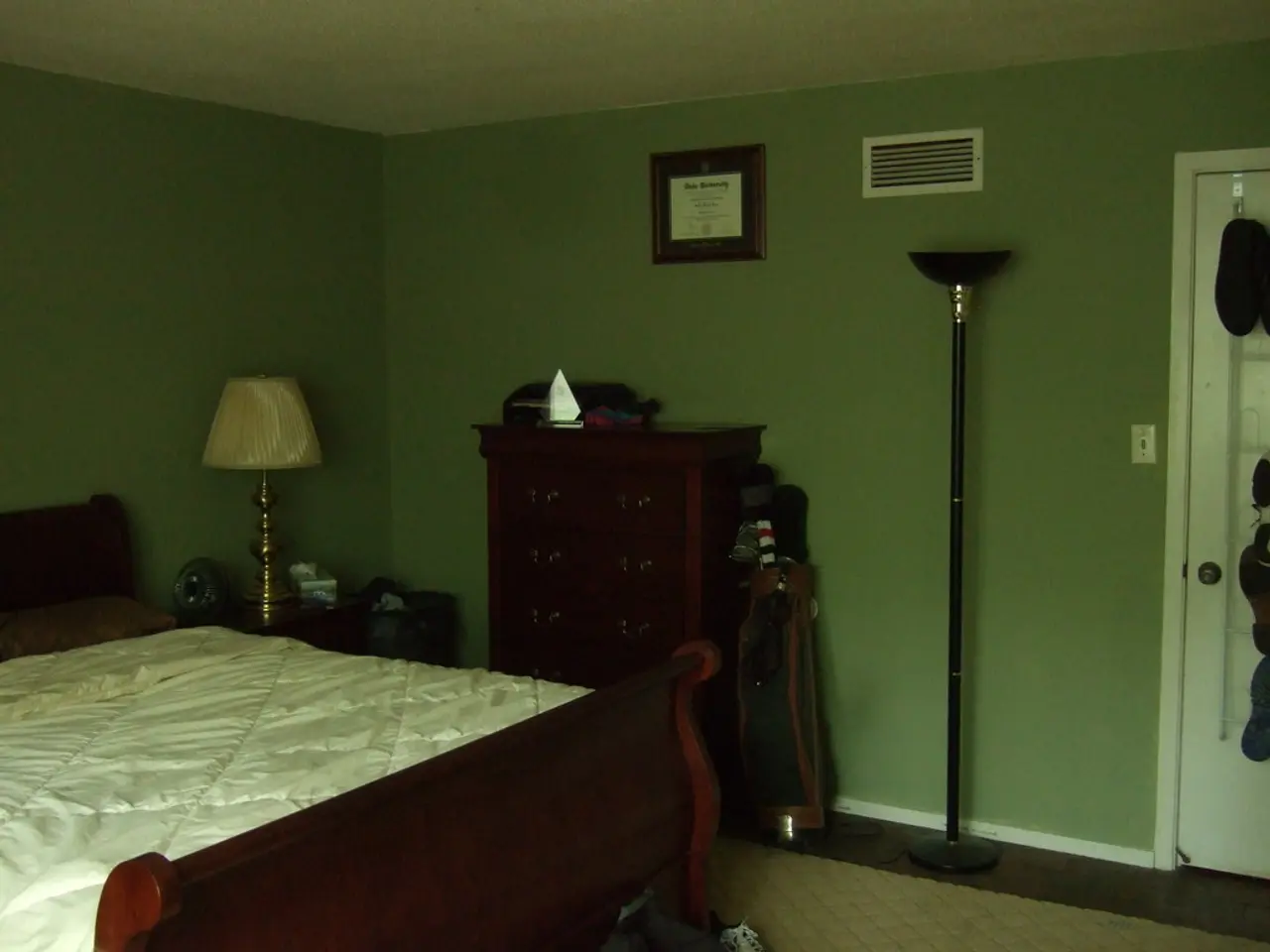Enhancing Local Lifestyles through Active Travel: Tees Valley Walking and Cycling Hubs Promote Physical Activity
In a significant move to enhance active travel and promote healthier lifestyles, the Tees Valley Combined Authority (TVCA) has spearheaded the Tees Valley Walking and Cycling Hubs partnership with five local authorities: Darlington, Hartlepool, Middlesbrough, Redcar & Cleveland, and Stockton-on-Tees. This collaboration aims to revolutionise the region's transport infrastructure, making walking, cycling, and wheeling safer, accessible, and integrated choices for travel[4].
This initiative aligns with a broader national programme set to launch in autumn 2025, where Mayoral combined authorities, including Tees Valley, have pledged to create an initial network of 3,500 miles of safer routes connecting key community points such as housing, schools, and high streets[1][3]. The focus is particularly on areas with the poorest health outcomes and air quality to reduce stark inequalities in health.
The Tees Valley Walking and Cycling Hubs, established in 2023, are strategically located near routes on the Network. These hubs offer a plethora of benefits, including improved physical health, enhanced mental wellbeing, economic growth, and a reduction in health disparities and environmental impact[1].
Improved Physical Health
By encouraging more people to engage in active travel, the programme helps more individuals meet recommended physical activity levels. This reduction in sedentary lifestyles decreases the risks of serious conditions like type 2 diabetes and heart disease[1].
Enhanced Mental Wellbeing
Active travel has been proven to reduce the risks of depression and enhance overall mental health, contributing to improvements in people’s quality of life[1]. The increased independence and mobility for children and adults alike foster community cohesion and reduce social isolation, further benefiting mental wellbeing[1][3].
Economic Growth
Increased access to work and local amenities through active travel routes can boost local economies by creating better connectivity and transport choices[1].
Health Inequalities
The programme targets deprived areas to reduce health disparities, making safe active travel a daily option for more people[1].
Environmental Impact
By promoting active travel, the initiative supports reductions in air pollution and carbon emissions, contributing to better overall public health and sustainable urban environments[1].
The Stockton Hub acts as a pilot social prescribing project for walking, cycling, and wheeling. The hubs provide cycling sessions to improve confidence, affordable cycles, bike maintenance workshops, and advice on local walking, wheeling, and cycling routes[4].
Grangetown Primary School in Middlesbrough had over 20 cycles serviced by its local hub and 52 of their pupils attended a maintenance class hosted by the hub. Jessica, who is on the school's Leadership Team, believes the bike maintenance class was incredibly beneficial for the children at the school[4].
The hubs have helped local people take more active journeys, supporting hundreds of people to access their own cycles[4]. Ashley, a participant at the Hartlepool Walking and Cycling Hub, has seen improvements in his mental health due to the maintenance classes and guided rides[4]. The hubs' social cycle rides for beginners have seen 647 people participate in 2024, with numbers continuing to rise, indicating a demand for these active events[4].
Simplice, a participant, uses the bike he got from one of the hubs to get to work, saving costs on transportation and improving his physical fitness[4]. Becky learnt how to cycle with help from the Redcar Hub, enabling her to accompany her boys to school and use a bike as a means of transport[4]. Paulina and Nina, from Namibia, received bikes and training from the Tees Valley Walking and Cycling Hubs, impacting their lives and sense of independence[4].
Andy Elliott, Project Coordinator at the Tees Valley Walking and Cycling Hubs, is looking forward to getting more people walking and cycling in 2025[4]. The hubs continue to engage with the public about new active travel routes being built in the Tees Valley[4].
The latest figures show that 25.3% of physically inactive adults in Tees Valley (2023/24) is higher than the national average of 22.0%[4]. However, the Tees Valley Walking and Cycling Hubs are poised to make a significant impact on this statistic, encouraging more active lifestyles and improving the overall health and wellbeing of the region's residents.
- The Tees Valley Walking and Cycling Hubs, focusing on areas with poor health outcomes, aim to promote health-and-wellness by reducing health disparities and improving physical health through active travel.
- The enhanced mental wellbeing from active travel, as shown by reduced risks of depression and improved quality of life, is one of the benefits offered by the Tees Valley Walking and Cycling Hubs.
- The lifestyle changes fostered by the Tees Valley Walking and Cycling Hubs, including active travel, fitness-and-exercise, and home-and-garden (for those who cycle to work), contribute to economic growth and a reduction in environmental impact.




